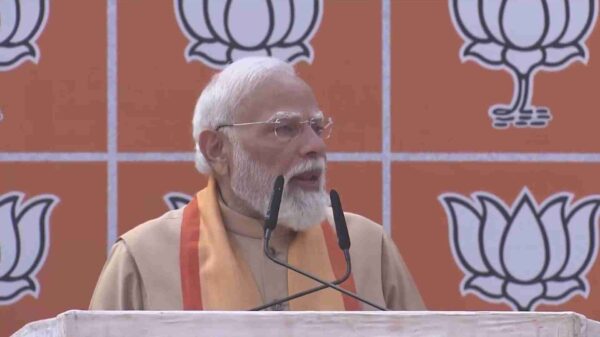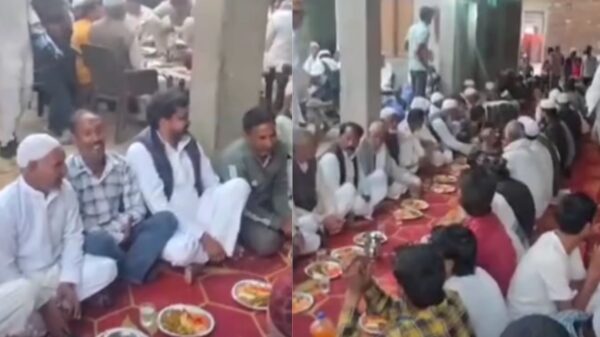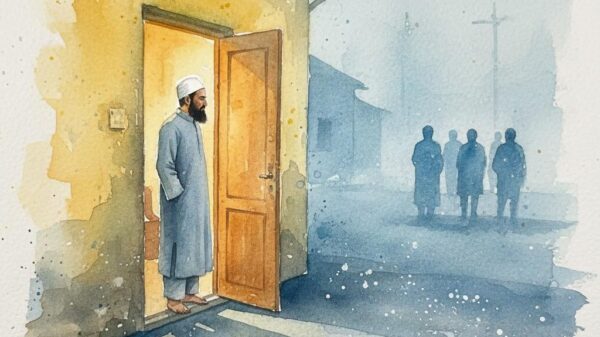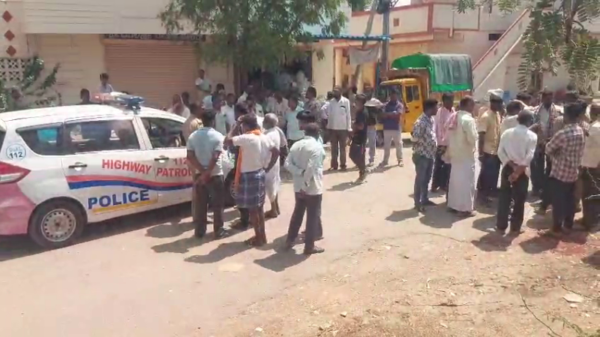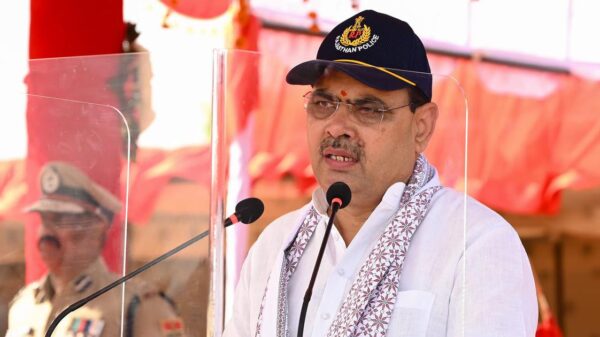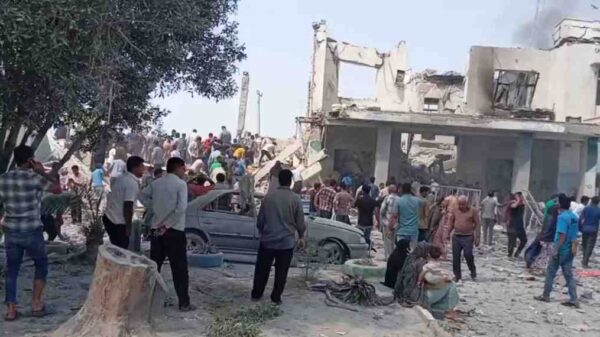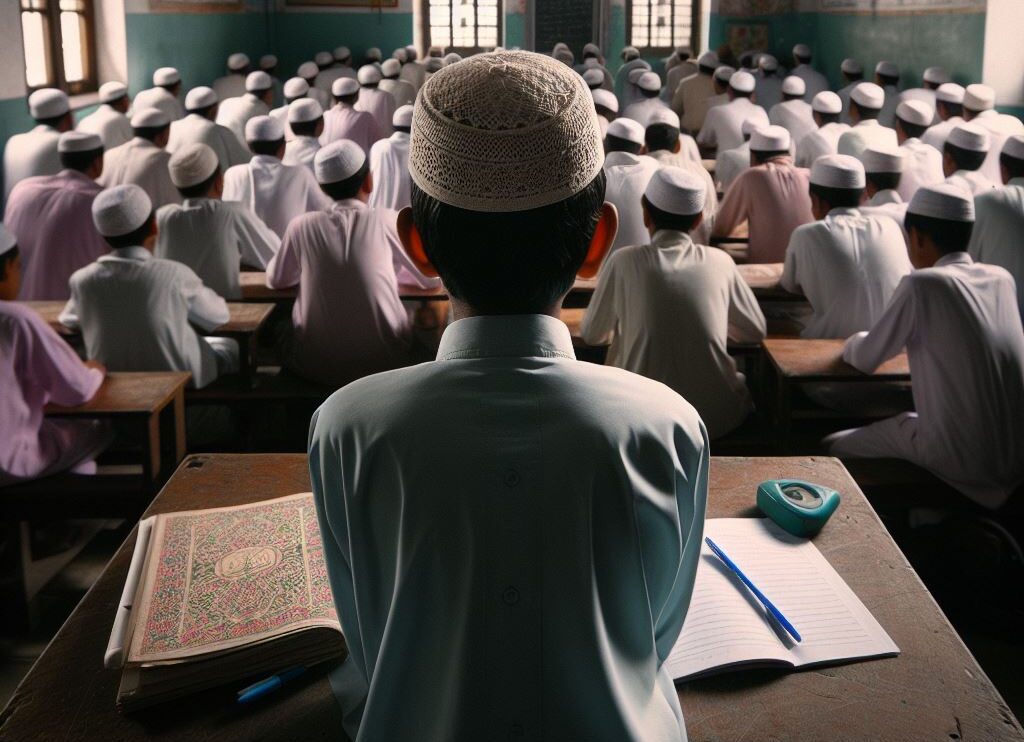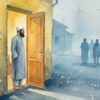The Uttarakhand Cabinet has cleared the Minority Educational Institutions Bill, 2025, calling it a landmark step for inclusivity. For the first time, minority status in the state will extend beyond Muslims to include Sikhs, Jains, Christians, Buddhists, and Parsis. The Bill will be presented in the Legislative Assembly on August 19.
The government says the law will create a transparent and standard process for recognising minority educational institutions while improving quality and upholding constitutional rights. It also introduces new subjects like Gurmukhi and Pali in the curriculum.
A major change under the Bill is the repeal of the Uttarakhand Madrasa Education Board Act, 2016 and the Uttarakhand Non-Government Arabic and Persian Madrasa Recognition Rules, 2019. Both will be scrapped from July 1, 2026, dissolving the state’s independent madrasa education board. Instead, a single authority will be created to regulate all minority institutions.
Until now, most minority institutions in Uttarakhand were Muslim-run, but the Bill broadens the definition to all six religious minorities recognised under the Constitution. The government has described the move as a “historic first in India.”
However, the decision has triggered sharp criticism from Muslim leaders. Prominent Islamic scholar Maulana Sufiyan Nizami called the Bill discriminatory. “What’s happening to Muslims in Uttarakhand is no secret. The government’s actions continue to reveal its bias,” he told IANS.
He pointed out the contrast between the Centre’s claim of modernising madrasas and the state’s decision to dismantle the Madrasa Board. “On one hand, the Centre talks about modernising madrasas with initiatives like the Quran in one hand and a laptop in the other. On the other, Uttarakhand is dismantling the Madrasa Board altogether. This exposes the state’s real intentions,” Nizami said.
He also appealed to Prime Minister Narendra Modi to intervene and check whether such policies match the promises made to empower the Muslim community.
As the Bill heads for debate in the Assembly, it is expected to spark intense political and social discussion, touching on both religious identity and the future of minority education in the state.






